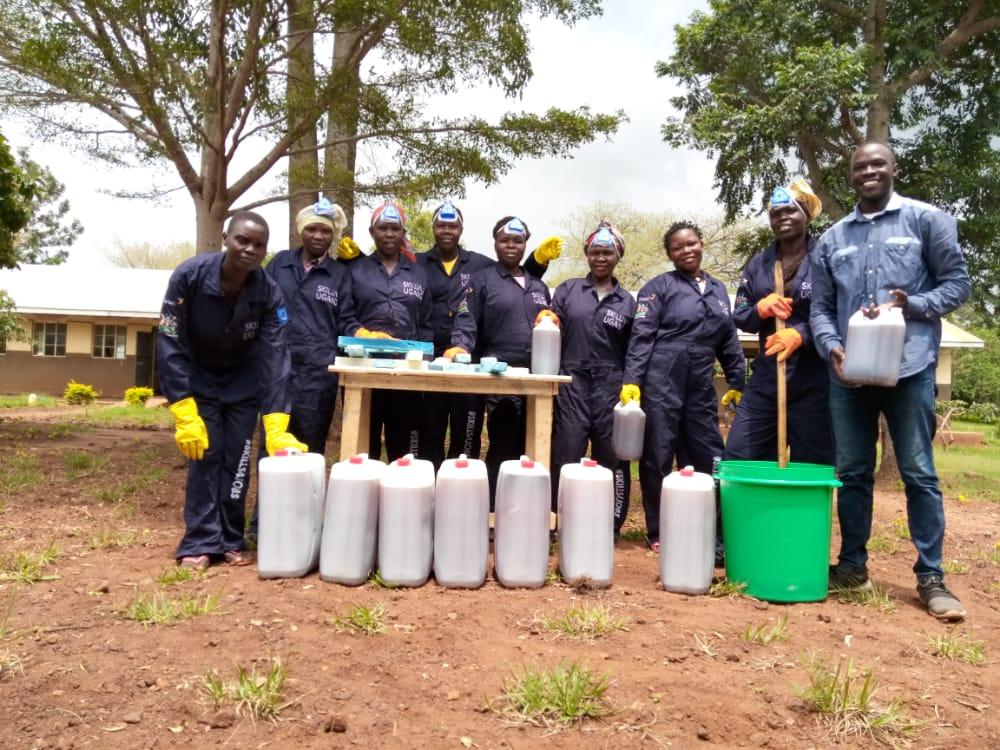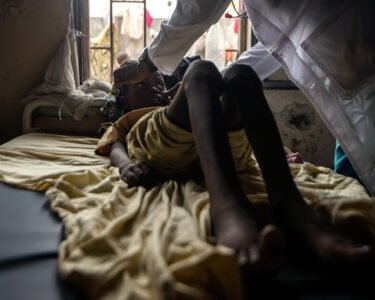More than 5,000 young people from refugee communities in Uganda’s West Nile Region have successfully completed vocational training designed to enhance self-employment opportunities and increase household incomes.
Funded by the European Union and implemented by Enabel, a Belgian development agency, the training program covered a diverse range of skills, including motorcycle repair, tailoring, and metal welding.
At the graduation ceremony, Simon Edeku, Principal Officer for Technical Vocational Education and Training (TVET) at the Ministry of Education and Sports, highlighted the necessity of changing mindsets and fostering an environment where refugees can acquire skills that benefit both themselves and the broader community.
“For us to move forward, we must focus on inclusive development and a shift in how we view and approach green job opportunities,” Edeku stated.
Project coordinator Charles Okot detailed the initiative’s scope, emphasizing its goal of providing refugees with the technical expertise needed to secure employment or start their own businesses.
“Our objective was to equip refugees with practical skills that would enable them to create a livelihood for themselves and contribute positively to their communities,” Okot said.
Beneficiaries such as Alice Kolongwa and Johnson Wani shared the ongoing challenges they face even after acquiring these skills. Kolongwa, who trained in tailoring, struggles with inadequate capital for purchasing materials and tools.
“I have the skills, but without the resources to buy the necessary inputs, it is difficult to start a business or even to provide services effectively,” she explained.
Similarly, Wani, trained in motorcycle repair, noted the lack of sufficient toolkits and a limited market for his services.
“We need more support in terms of equipment and access to customers who need our services. Without these, it is hard to sustain a business,” he said.
These concerns underscore the broader issues refugees face in the labor market, highlighting the need for further support.
While the skilling program has laid a foundation for economic empowerment, ongoing assistance from both the government and private sector is crucial to addressing these gaps. Officials have called for more opportunities to ensure these initiatives lead to sustainable outcomes, urging the government, international partners, and the private sector to expand access to resources, provide financial support for startups, and create market linkages for refugee entrepreneurs.
This comprehensive approach is essential for translating vocational training into viable career paths for refugees, addressing unemployment, and fostering a more inclusive economy.
The West Nile region is home to over 500,000 refugees from South Sudan, living in various settlements across the districts of Adjumani, Arua, Koboko, and Yumbe.
By embracing inclusive development and addressing the practical challenges faced by refugees, Uganda can pave the way for sustainable solutions that benefit both refugees and the broader community.





